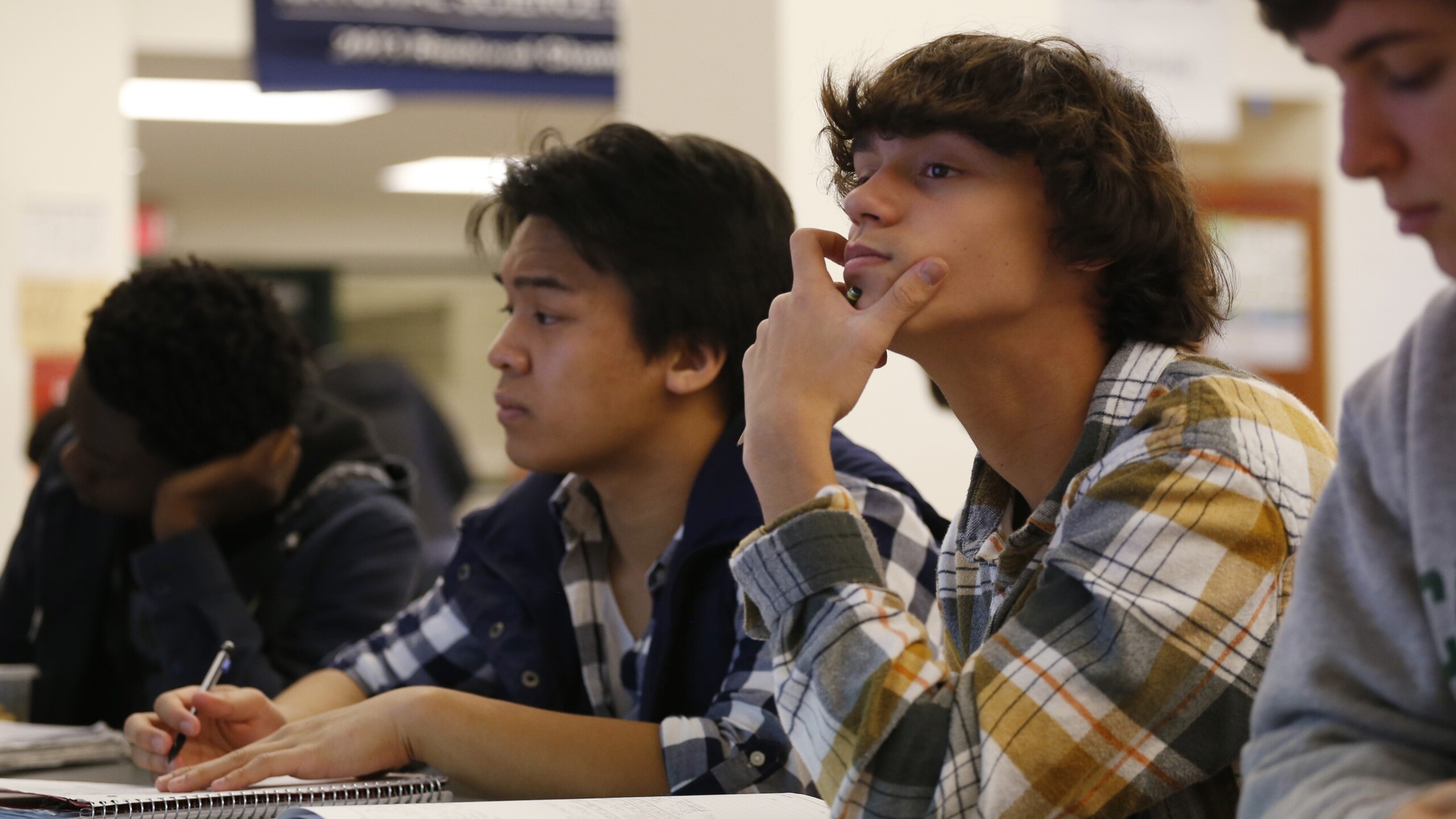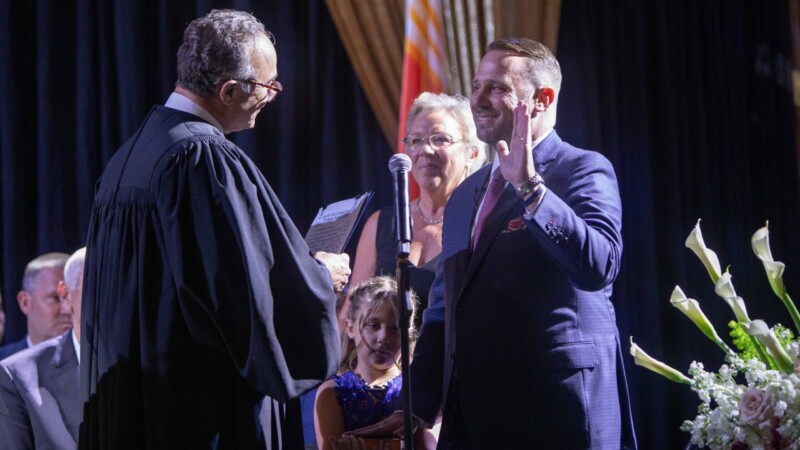Florida’s restrictions on instruction about sexual orientation and gender identity have “effectively banned” an Advanced Placement psychology course throughout the state, according to the organization that develops the college-level courses offered to high-school students.
The College Board, which develops the courses, said in a news release Thursday that the state Department of Education told school superintendents that content in the course violates state law.
Instruction on sexual orientation and gender identity is prohibited from being included in lessons for Florida students in kindergarten through eighth grade, under a law (HB 1069) signed by Gov. Ron DeSantis in May.
Separately, the state Board of Education earlier this summer approved a rule that requires teachers to follow a prohibition on sexual orientation and gender identity instruction in high school, unless lessons are required by state academic standards or are “part of a reproductive health course or health lesson for which a student’s parent has the option to have his or her student not attend.”
The College Board said Thursday that the state’s restrictions prohibit the teaching of the AP Psychology course.
“We are sad to have learned that today the Florida Department of Education has effectively banned AP Psychology in the state by instructing Florida superintendents that teaching foundational content on sexual orientation and gender identity is illegal under state law. The state has said districts are free to teach AP Psychology only if it excludes any mention of these essential topics,” the College Board said in the news release.
According to the College Board, more than 28,000 Florida students took the AP Psychology course last school year. The 2023-2024 academic year starts as early as next week for some Florida school districts.
The AP course “asks students to ‘describe how sex and gender influence socialization and other aspects of development.’ This element of the framework is not new: Gender and sexual orientation have been part of AP Psychology since the course launched 30 years ago,” the release said.
The College Board “cannot modify AP Psychology in response to regulations that would censor college-level standards for credit, placement and career readiness,” the release also said.
State education officials, however, disputed the College Board’s stance on the issue.
“Just one week before school starts, the College Board is attempting to force school districts to prevent students from taking the AP Psychology course. The Department didn’t ‘ban’ the course. The course remains listed in Florida’s Course Code Directory for the 2023-24 school year. We encourage the College Board to stop playing games with Florida students and continue to offer the course and allow teachers to operate accordingly,” Department of Education spokeswoman Cassandra Palelis said in an email Thursday.
Palelis also said “other advanced course providers (including the International Baccalaureate program) had no issue providing the college credit psychology course.”
The dispute over the AP Psychology course is not the first time DeSantis and state education officials have clashed with the College Board. In January, the state objected to several topics that were proposed for inclusion in an AP African American studies course that was being developed.
The controversy over the African American studies course prompted DeSantis, who is running for president, to say the state would “look to reevaluate” its relationship with the organization.
News of the conflict over the psychology course drew criticism of the state’s restrictions on instruction.
LGBTQ advocacy organization Equality Florida accused DeSantis and his administration of trying to “rewrite AP Psychology curriculum to enforce their image” of America.
“Governor DeSantis will undermine any student’s education, revoke any parent’s rights and demolish any curriculum to remake Florida’s schools into right wing propaganda machines in service to his political ambitions,” Equality Florida said in a news release.
The American Psychological Association also weighed in on the issue.
“An advanced placement course that ignores the decades of science studying sexual orientation and gender identity would deprive students of knowledge they will need to succeed in their studies, in high school and beyond,” Arthur C. Evans Jr., the CEO of the association, said in a statement Thursday.
Sen. Rosalind Osgood, D-Tamarac, said scrapping the course would deny students the opportunity to learn.
“Ignoring important topics doesn’t make them go away; it hinders the ability to engage thoughtfully in a diverse society. By excluding these lessons, Florida lacks an opportunity to reduce prejudice and prepare students for a more loving future,” Osgood, a former Broward County School Board member, said in a release.
The College Board’s AP Psychology Development Committee also offered a defense of the course’s content.
“As a committee, we affirm that gender and sexual orientation are essential, longstanding and foundational topics in the study of psychology. College-level introductory psychology students will encounter gender and sexual orientation as topics of study,” the committee said in a statement.






